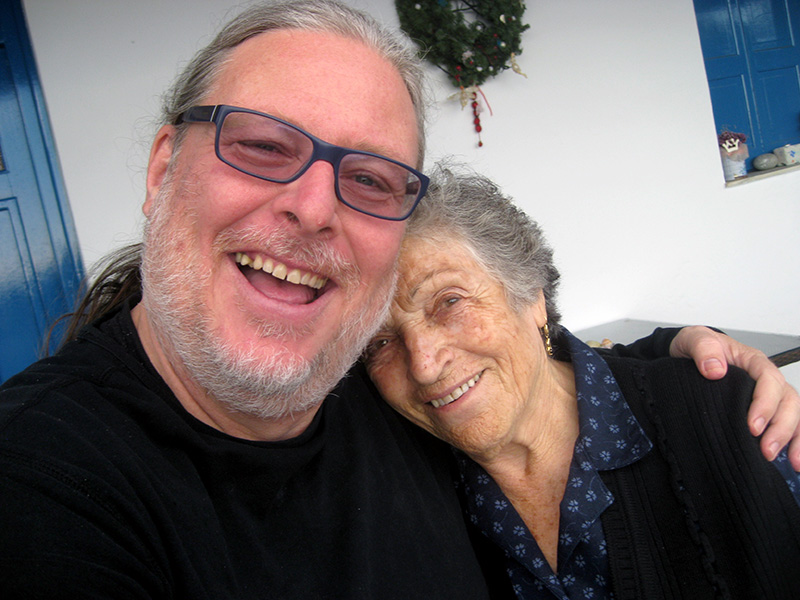 Political science faculty accomplished a lot in the spring 2014 semester: Professor Ryan Patten won the Myles Tracy Outstanding Student Organization Advisor Award. Professor Michael Coyle received the University’s Professional Achievement Honors.
Political science faculty accomplished a lot in the spring 2014 semester: Professor Ryan Patten won the Myles Tracy Outstanding Student Organization Advisor Award. Professor Michael Coyle received the University’s Professional Achievement Honors.
This past spring, Professor Matthew Thomas was on sabbatical leave, which allowed him the opportunity to engage in several research projects. The first project involved the expansion of a study on the effects of criminal justice realignment in California. As a member of the Consortium for Public Safety Research (CPSR) along with his colleagues Professor Sally Anderson, Professor Jon Caudill, and Professor Ryan Patten, Professor Thomas has been studying the impact of realignment on the Butte County Sheriff’s Office. During his sabbatical, he conducted the preliminary research on realignment’s impact on the Butte County Probation Department by embedding with two units (the Post-Release Community Supervision Unit and the Butte County Intensive Unit) to better understand their work. As with his work with the Sheriff’s Office, this groundwork set the stage for the CPSR to place research interns (both undergraduate and graduate students) in probation units, allowing them to collect data for this project. This project is particularly exciting because it is real-time research that provides feedback to local organizations, and it heavily involves students in the research process. In addition to the work at probation, Professor Thomas also continued to work on a book about the reconstruction of New Orleans after Hurricane Katrina. That work is almost completed and will be submitted to a publisher soon. Finally, Professor Thomas worked on several journal articles, including an article about research done by him and his colleagues at the Sheriff’s Office.
Professor Michael Coyle spent much of his yearlong sabbatical in Europe working on his next book Seeing Crime, which is an exploration of arguments toward penal abolition. While in Europe, he spent a month traveling, speaking, and strategizing with Norwegian colleagues on the praxis of penal abolition. He published two new papers: “Expanding Deviance Toward Difference: A Linguistic Approach,” a theoretical argument for replacing the distinction “deviance” with “difference” and “How Prisons Become Dystopias of Color and Poverty: Prison Abolition Lessons From the War on Drugs.” Michael also rested, renewed, and prepared his new ethics course for the criminal justice major.
